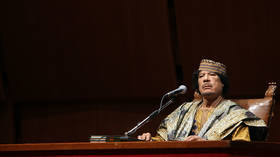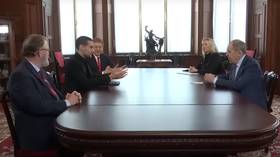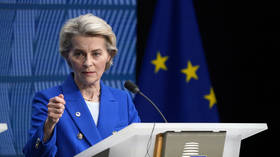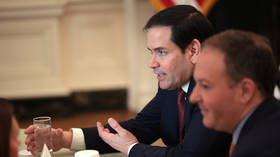Africa must resolve conflicts without Western meddling – South African politician
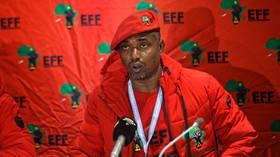
The former secretary-general of the South African Economic Freedom Fighters (EFF) party, Godrich Gardee, has urged Western powers to step back and allow African nations to take control of their own affairs.
NATO’s 2011 intervention in Libya, initially presented as a humanitarian mission aimed at protecting civilians and liberating the country from oppression, ended up leaving the nation in turmoil.
“It is possible to have peace and a sustainable development in Libya if only the West can move out of Libya and leave the problem of Libya to the people of Africa and the African Union (AU) in particular,” Gardee said in an exclusive interview with RT. He noted that the situation in Libya had worsened following NATO’s intervention, which destabilized the country.
Gardee said Africa’s issues are often driven by external interests, particularly in the competition for the continent’s rich mineral and natural resources.
“In every conflict that is found in Africa, it is the battle for the mineral resources and all other resources… The issue of oil, gas, and coal, and gold, the uranium – the West needs it most so that they can benefit and make money out of it,” he stated.
Criticizing the West’s repeated involvement in African conflicts, the former secretary-general of the Pan-Africanist EFF party warned that these issues would persist as long as Africa remains fragmented. “[The West] will continue to do so for as long as the regional bodies and continents are not united and they are just villages of countries. Like we have got 54 countries in Africa instead of having one Africa and one nation of Africans.”
Gardee called on the AU to take decisive steps towards uniting the continent under one government, with a single currency, army, and economy.
“The African Union needs to do something about this and unite the African states into one entity, one monetary currency, one army, and one government for the people of Africa with one economy,” he concluded.
In January 2011, unrest in Libya began shortly after news broke that the Tunisian President Zine al-Abidine Ben Ali had fled his country. Protests first erupted in Libyan cities like Benghazi, Derna, and Al-Bayda. On February 17, 2011, the UN Security Council adopted Resolution 1973, imposing a no-fly zone over Libya and authorizing the use of force to “protect civilians.” This resolution effectively greenlit NATO intervention, which commenced on March 19. What followed was the descent of Libya into a protracted and bloody civil war, leaving the country in a state of chaos and instability.
